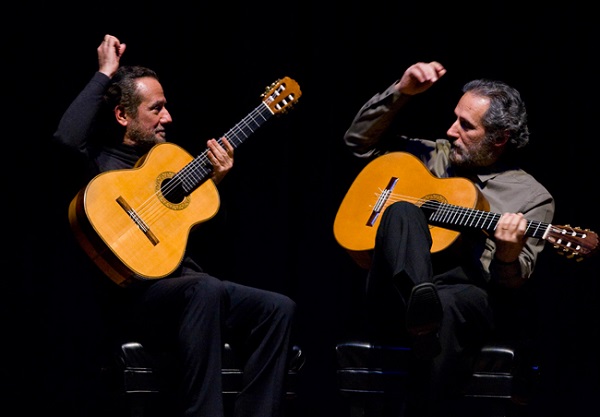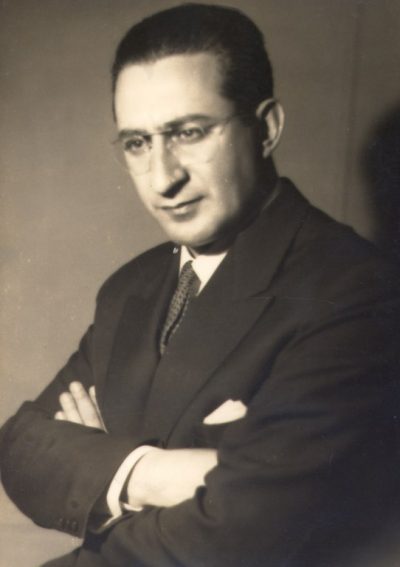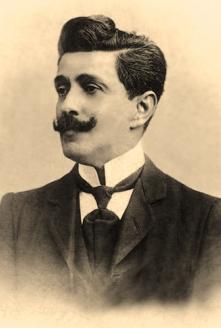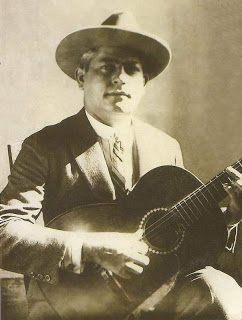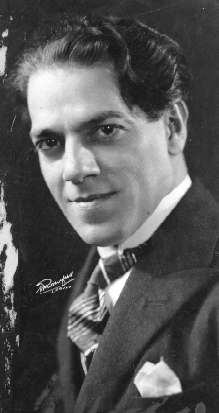Born in Rio de Janeiro, February 9, 1978
- Clarice Assad is a Grammy-nominated composer, vocalist, pianist, and educator who has written over 70 works so far over her career.
- She earned her Bachelor of Music degree from the Roosevelt University in Chicago and her Master of Music degree from The University of Michigan School of Music.1
- While most of her music is considered to exist in the “classical” sphere, her style is heavily influenced by Brazilian music, jazz, and world music.2
- As an educator, Assad’s innovative program, VOXploration, offers classes on spontaneous music creation, theater, and improvisation open to musicians, actors, dancers, and non-musicians alike with all levels of experience.
- Her father is composer and guitarist Sérgio Assad.3
Learn More
Composer’s Website
More on Assad’s VOXploration


